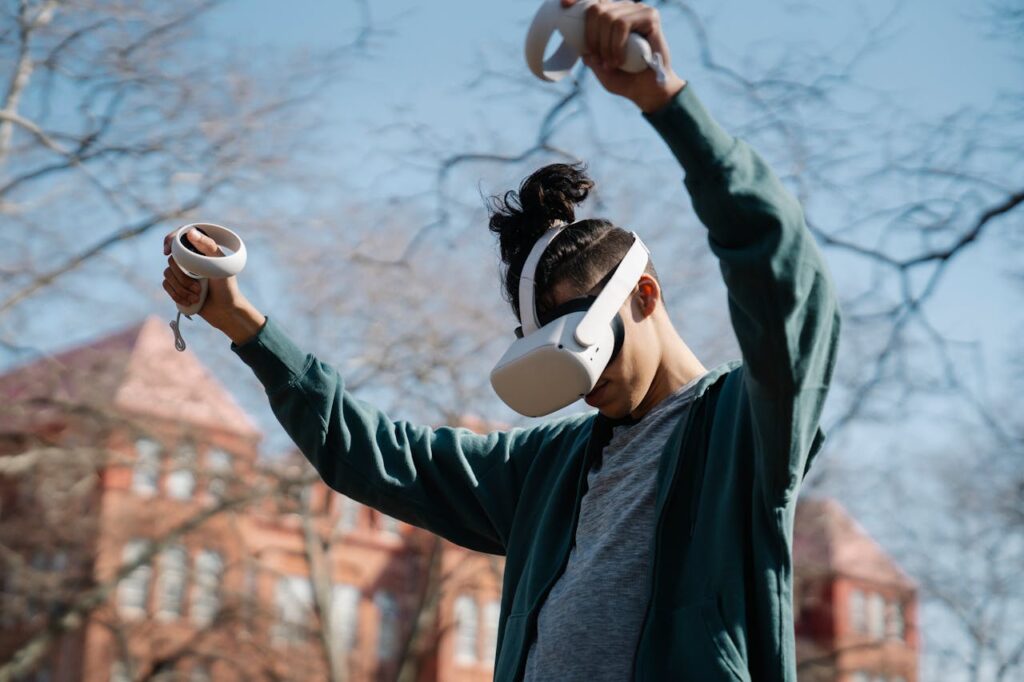Virtual reality is gathering pace, and it’s likely to have an impact on several industries over the next decade. It is already being used to offer experiences of activities such as skydiving and bungee jumping, but this could be taken one step further.

When VR gets more advanced, there’s a chance that people may be able to go on virtual holidays. This would be an incredible leap forward and could open up the possibility of travel to a much greater number of people.
Entertainment Takes Players to Tropical Settings
There’s already a vast amount of entertainment on the market that aims to take players away to tropical settings. For instance, people who try new slot games will notice that Tropicool 2 has recently been released. The title from ELK Studios uses a tropical island backdrop with a nice balance of sun, sea, and sand imagery. As a follow-up to Tropicool, the game highlights how many people enjoy this theme.
There are plenty of other entertainment offerings out there that let people’s minds wander, as they imagine visiting the same setting. A great recent example was The White Lotus on HBO Max. The hugely popular series took viewers to an amazing Hawaiian escape in the first season, followed by a luxurious Italian resort in the second. Season three will take place in Thailand, and there’s a lot of buzz around the new installment already.
VR Holidays Would Allow Anyone to Travel Anywhere
When booking a holiday in the real world, there are various factors that travellers need to consider. One of the main stumbling blocks for many people is cost, and they are restricted to only visiting locations that they can afford. For example, a luxury resort in the Maldives is probably off-limits to the average working family in the UK.
VR would give people the chance to visit all the locations they’d ever dreamed of, without the need to worry about flight tickets or hotel costs. Users would be able to simply stick on the VR headset, choose a destination to visit, and then explore the spot. As VR technology gets more advanced, there’s a chance that people will be able to spend lengthy periods within the digital setting. Haptic feedback suits and equipment would allow the other senses to experience things like the feel of sand between your toes or the sun’s radiant heat.
There are plenty more advantages to the possibility of VR holidays as well. One may be that these digital escapes could allow people to visit many different places in a shorter space of time. If you can’t decide between sun or ski slopes, you could head to a hot location first and then follow it up with a cold one.
A decade or so ago, people may have scoffed at the idea of VR travel. However, now it’s clear that the technology behind VR is getting better and more immersive every year, creating the possibility of VR holidays being a hit in the future.

